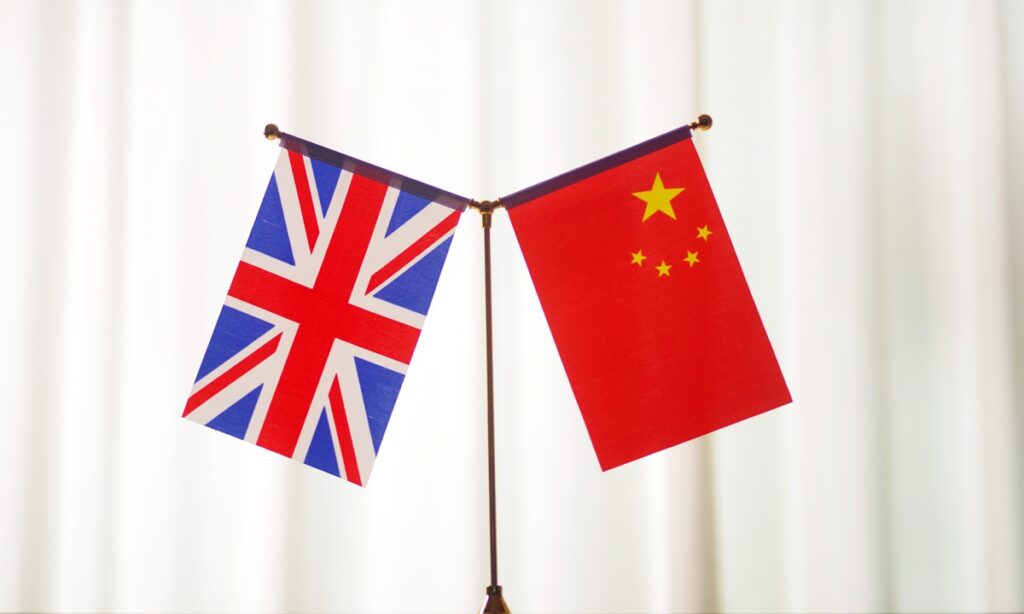The Labour Party’s recent victory in the UK general election, marking the first such win in 19 years, is indeed a significant event for the country. With Keir Starmer set to become prime minister, this change in leadership is noteworthy.
However, from China’s perspective, this election is just another political event comparable to the ongoing electoral processes on the other side of the Atlantic. Given the prevailing context and persistent issues in China-Britain relations, the shift in party and leadership is unlikely to fundamentally alter the UK’s approach to China.
The UK’s policy toward China has become increasingly complex and fraught with contradictions over recent years. While the new Labour government might adopt a more flexible and pragmatic approach, it will still face long-standing fundamental issues that are difficult to circumvent.
These include security concerns, human rights issues, questions related to Xinjiang, Hong Kong, and Taiwan Island, in addition to the ongoing Russia-Ukraine conflict. These issues reflect the internal and external pressures and multiple challenges that the new government will face in formulating its China policy.
Given the severe challenges to security and stability in the West, the UK’s commitment to maintaining strong alliances with NATO, the EU, and the US remains unwavering. This unified action will inevitably impact the flexibility of the UK’s China policy. Even if the Labour government wishes to adopt a pragmatic stance on economic cooperation and technological exchanges, it will still need to maintain vigilance and consistency regarding security, defense, and strategic competition.
Although the UK has not explicitly labeled China as a “strategic competitor” like the US, its official documents and policy adjustments indicate a heightened focus on competition with China and a high level of vigilance. It is evident in the UK’s characterization of China as a “systematic competitor” and, in certain contexts, as a “threat.” It is unlikely that the Labour government will fundamentally change this attitude toward China.
Facing the Russia-Ukraine conflict and global economic uncertainty, the UK needs to maintain dialogue and cooperation with China in certain areas, which adds another dimension to its policy.
In terms of international multilateralism, the UK seeks to collaborate with major global powers through platforms like the United Nations and the G20 to address common challenges. Yet, coordination and collaboration among key powers, like global governance and climate change, are essential for both China and Britain.
Economic and trade cooperation remains a crucial aspect of China-Britain relations. As the world’s second-largest economy and a significant global market and manufacturing base, China is vital for the UK economy.
Substantial market demand in China is highly attractive for UK exports, ranging from luxury goods and automobiles to financial services and higher education.
The UK is also an important destination for Chinese investment. Chinese companies recognize the UK’s potential and invest significantly in sectors such as technology, infrastructure, and real estate. This influx of capital and employment opportunities from China is a testament to the UK’s economic attractiveness on the global stage.
The Labour government will need to balance maintaining national economic interests with addressing domestic and international political pressures, but this balance can only be dynamic. It can only promote trade and investment through well-designed policies while ensuring national security and strategic autonomy. The balance will be a significant challenge for the Labour government.
Domestic public opinion and concern about China play a significant role in shaping government policies. The new Labour majority must navigate these waters carefully, ensuring that its China-related policies resonate with the public and garner broad domestic support.
Given the various contradictions and complexities, the only feasible strategy for the new Labour government in its China policy might be an “issue-by-issue” approach. This means maintaining a firm stance on sensitive issues while attempting to cooperate in specific areas such as economic affairs, culture, and technology. Distinguishing specific issues from broader confrontations may allow for partial cooperation without escalating to full-scale conflict. However, this approach requires highly skilled diplomacy and careful policy implementation.
Crafting a successful China policy will require threading the needle between collaboration and competition.
Despite these efforts, the actual execution of such a policy will still need to be clarified and explained. Global geopolitical shifts, the state of US-China and EU-China relations, and other factors will continue to influence the trajectory of relations between Beijing and London.
Global Times




